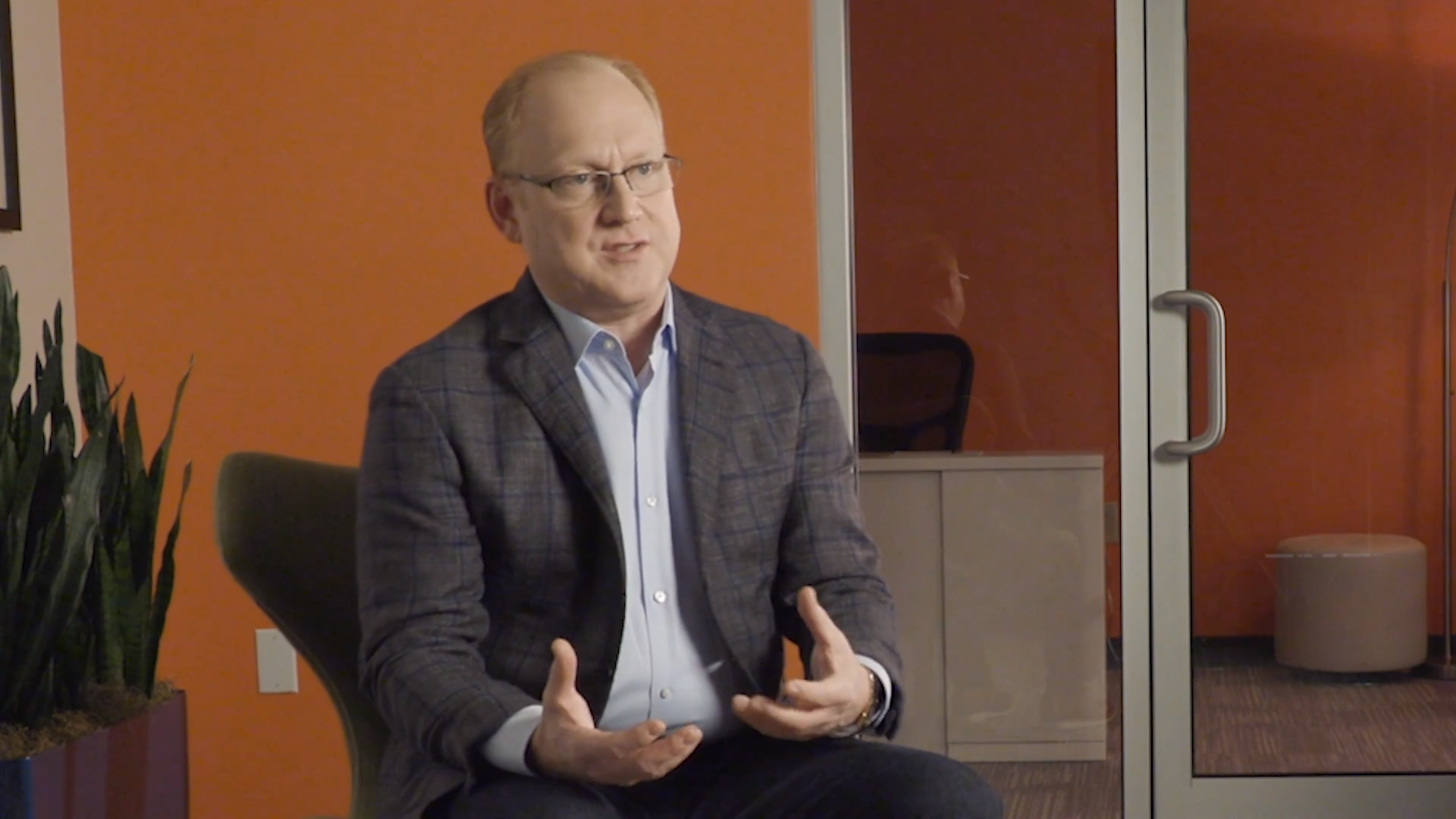
In the 8th episode in our AI Conversation series, we discuss one of the most frequently asked questions about AI and the reimbursement process. Join TeraRecon President and CEO, Jeff Sorenson, as he explains how to justify new technology and innovation, and why you shouldn’t only look at it in terms of reimbursement, but in terms of ROI and the future role of the radiologist.
In terms of how AI relates to reimbursement. We get the question a lot:
“How are we going to justify this new technology”
With any new technology, there is a certain cost of innovation that a health system has just to put any system into use. You have to set up your VM servers, you have an IT project, you have to check the security, you have to sign an agreement that has legal costs. So rather than looking at it from the perspective of the reimbursement revenue generated from artificial intelligence, look at it in a different way.
The EnvoyAI platform and Northstar AI Explorer have a cost that is so low that just the cost of your legal fees and the cost of doing multiple installations will offset the cost of our platform. If you are committed to experimenting with artificial intelligence, you would spend more evaluating three to five unique products, than you would spend actually implementing a real system that lets you try an unlimited number of products. There is a return on investment for our products just in terms of basic implementation and setup costs.
In terms of the clinical side of reimbursement, we really aren’t ready to answer the question about how we are going to apply artificial intelligence to increase reimbursement. Those who try to do that would expect and deserve a lot of push back and a lot of questions because they would pushing the boundaries of what has been established. When in fact, it is not necessary. It has been said many times that:
"AI will not replace the radiologist, but radiologists who use AI will replace radiologists who don’t."
I would argue that physicians know when they are being a better doctor, they know when they have better information at their disposal. Now keep in mind, that doesn’t have to be new information they don’t understand. There are lots of time that a physicians would know what to do with a valuable piece of information if only they could get it, but they have to read 100 studies. They have two different levers of delivering quality care. One is that they have to be hyper efficient because there are not enough physicians so some patients will get no care if you are not working quickly and on the other hand, if you are trying to work perfectly, you can’t work quickly.
The amount of data in healthcare can overwhelming for physicians because there are so many kinds of information they can receive. They know exactly what they want and our job is to make sure that the right information is calculated as automatically as possible. It can be interrogated and trusted by the physician. Then it is seamlessly integrated into their diagnostic workflow and appears in their report. If we can solve that problem, then we don’t need to have a discussion about what the value is in terms of a return from a reimbursement standpoint because the pure innovation itself - of displaying the information and allowing them to be a better doctor - will be obvious and physicians will just flat refuse to work on systems if they don’t have these technologies in place.
These Stories on Artificial Intelligence
TeraRecon Headquarters
4309 Emperor Blvd, Suite 310
Durham, NC 27703
Tel: 650.372.1100
Fax: 650.372.1101
info@terarecon.com
All offerings are subject to availability and regulatory clearance, which may vary by country. Please verify product status with your local TeraRecon representative.
No Comments Yet
Let us know what you think